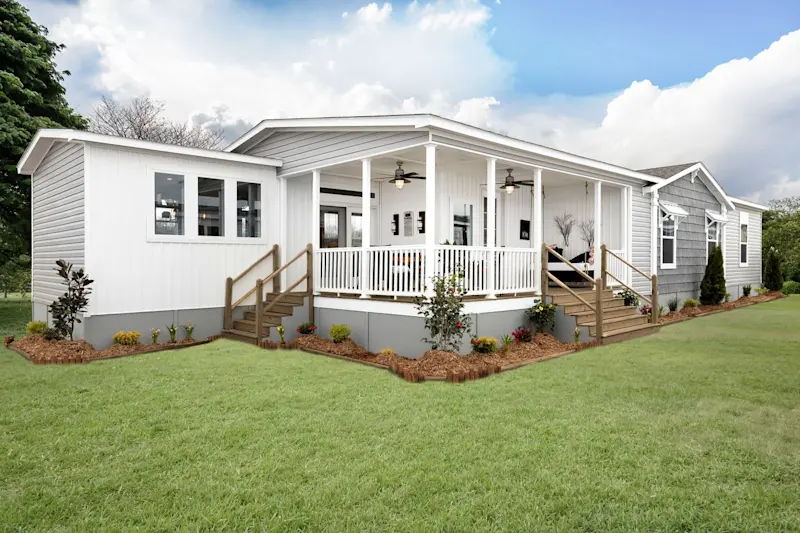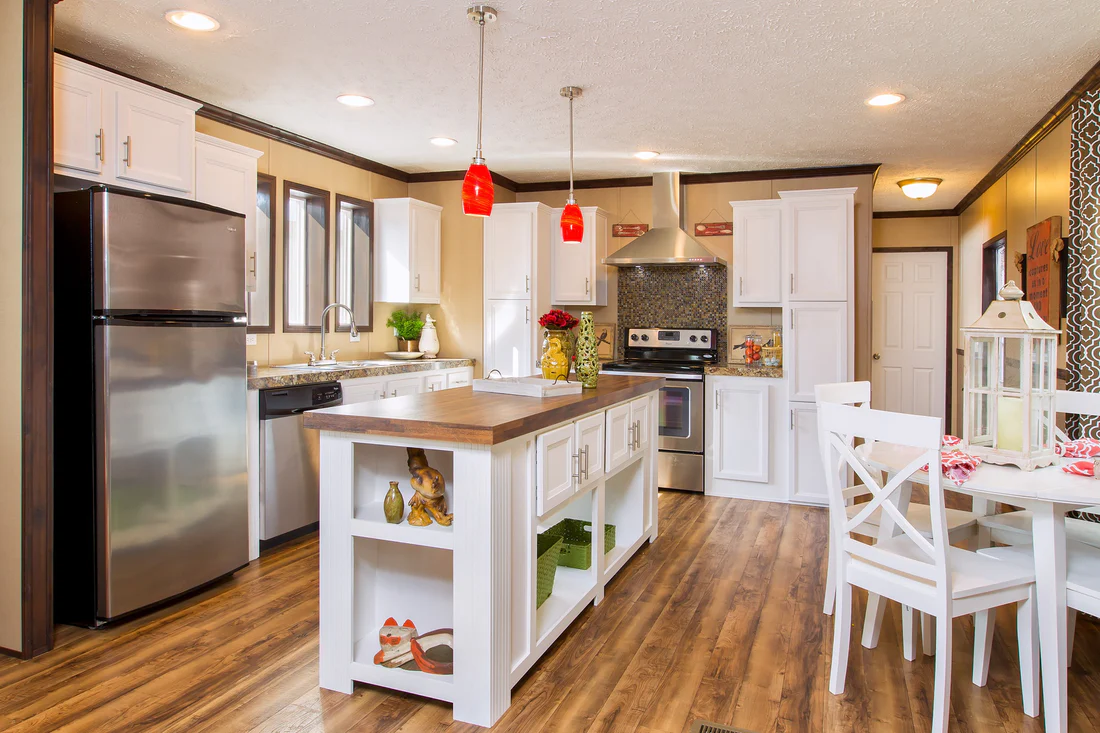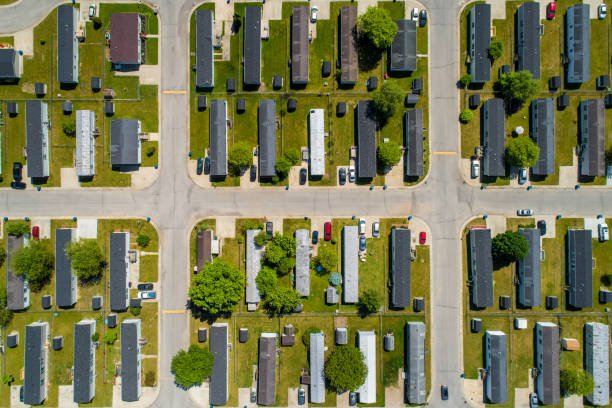Mobile homes — also known as manufactured homes — are a popular and cost-effective housing option for many Californians. These homes offer an alternative to traditional site-built houses, especially for those seeking lower upfront costs, flexible placement options, and simpler construction timelines.
Definition of Mobile Homes
A mobile home, or manufactured home, is a prefabricated structure built entirely in a factory under federal standards (HUD Code) and then transported to a permanent location. Unlike modular homes, which are built to local building codes and often indistinguishable from site-built homes, mobile homes follow a specific set of federal regulations.

Types of Mobile Homes in California
- Single-Wide: Narrower models (usually around 12 feet wide), typically placed on private property or in parks.
- Double-Wide: Two sections joined together to form a wider, more spacious home — the most common type today.
- Triple-Wide: Larger, custom-style manufactured homes with multiple sections and more luxurious finishes.
These homes can range from basic living spaces to high-end residences with modern kitchens, energy-efficient systems, and smart home technology.

Where Are Mobile Homes Located in California?
Mobile homes in California are commonly found in:
- Mobile home parks: Private communities where residents own their homes but rent the land.
- Private property: Some homeowners purchase land and place their mobile homes there permanently.
- Rural and suburban areas: Especially in counties like San Joaquin, Riverside, and Tulare, where land is more affordable.

Cost of Mobile Homes in California
Purchasing a mobile home can be significantly cheaper than buying a traditional house:
- New single-wide: $60,000 – $100,000
- New double-wide: $120,000 – $200,000+
- Used models: Can be found starting around $30,000, depending on age and condition
Additional costs may include setup, foundation work, utilities, and lot rent if placed in a mobile home park.

Pros and Cons of Living in a Mobile Home
✅ Advantages
- Lower upfront cost
- Faster construction time
- Energy-efficient options available
- Community-focused living in parks
❌ Disadvantages
- Potential for depreciation (unlike traditional homes)
- Restrictions on where they can be placed
- Lot rent fees in parks
- May face zoning and permitting challenges

Regulations and Ownership Models
In California, mobile homes can be either:
- Real property: If the home and land are owned together, it’s treated like a traditional home.
- Personal property: If only the home is owned and the land is rented (e.g., in a park), it’s registered similarly to a vehicle.
Owners must navigate various rules related to titling, taxes, and community guidelines, depending on how they hold ownership.

Conclusion
Mobile homes in California provide an accessible and practical housing solution for many residents, particularly those looking to minimize costs while still enjoying a stable living environment. While they come with unique considerations compared to traditional homes, mobile homes remain a vital part of California’s diverse housing landscape.
FAQs
Q: What defines a mobile home in California?
A: A mobile home (or manufactured home) is a prefabricated dwelling built in a factory under HUD Code and transported to a permanent location.
Q: Can you own both the mobile home and the land in California?
A: Yes. If you own both the home and the land, your mobile home is considered real property and functions similarly to a traditional house.
Q: Are mobile homes a good investment in California?
A: They can be a good option for affordable housing, though they typically do not appreciate in value like traditional homes.
Join The Discussion